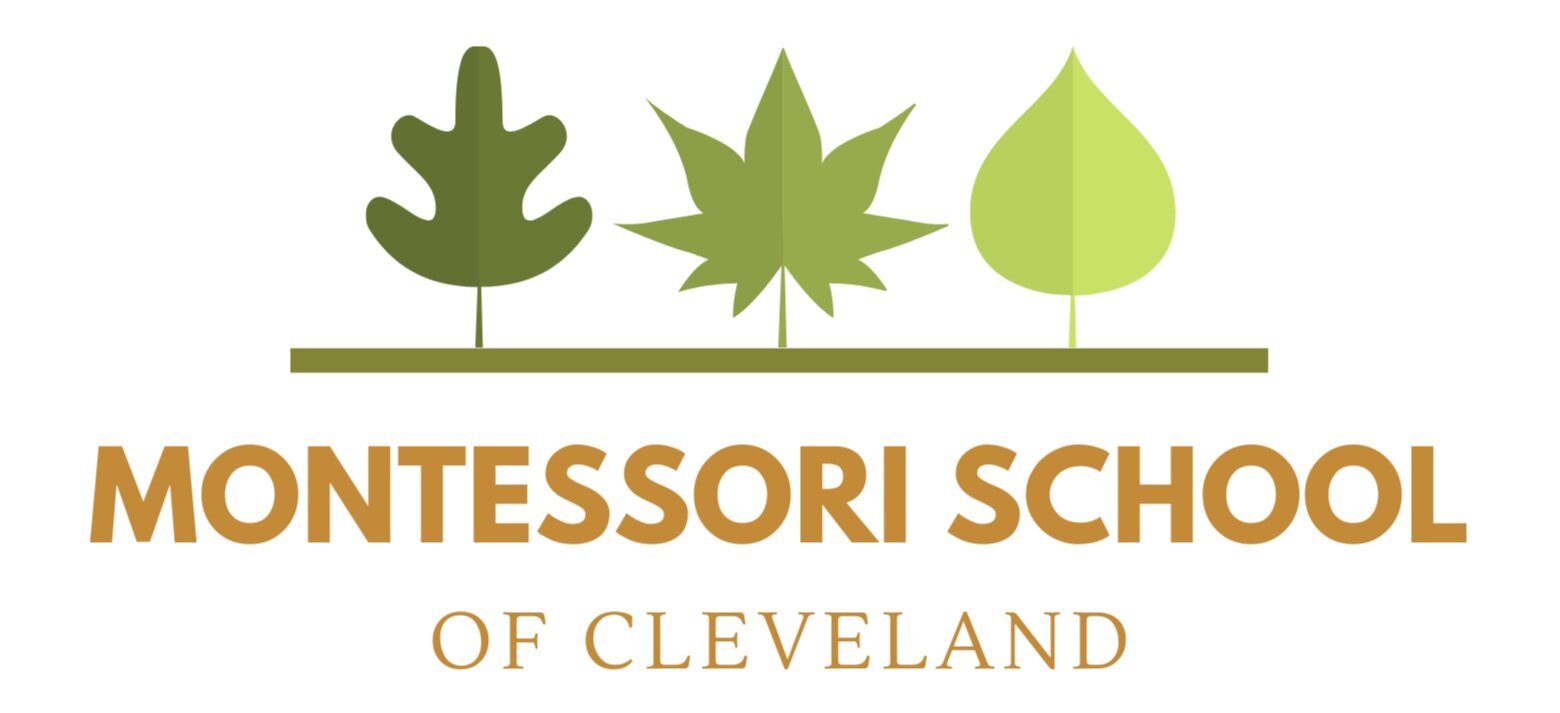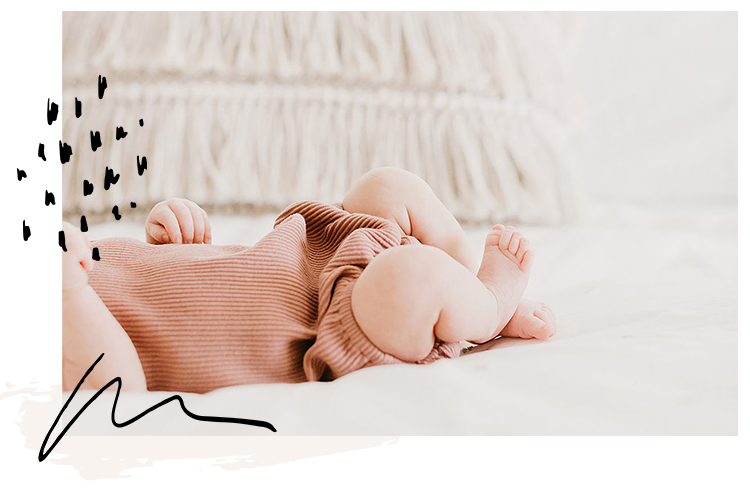Requirements for the NIDO program: Children must be at least 3 months of age.
Food: Parents must provide breast milk, formula, or may come to breastfeed. All bottles must be clean, marked with the child’s name, packed on ice, and taken home on a daily basis to be washed. As solid foods are introduced, please prepare them in such a way that they are ready to be served (i.e. pureed, cut into small pieces, etc.)
Clothing: Clothing must allow the infant to have full movement of their bodies. Please avoid clothing that would restrict movement. Please provide several changes of clothing.
Diapering: Families provide disposable or cloth diapers, as well as diapering creams and/or lotions. MSoC will provide unscented wipes.
Bedding: Please provide a clean fitted crib sheet. Prior to the age of 1 year, the bed must be free of anything other than an optional pacifier. A sleep sack is recommended for the comfort of the child. (Homemade sleep sacks are not permitted) Once a child turns 1 year, a familiar blanket and a comforting item (i.e. small stuffed animal, etc.) is permissible.













